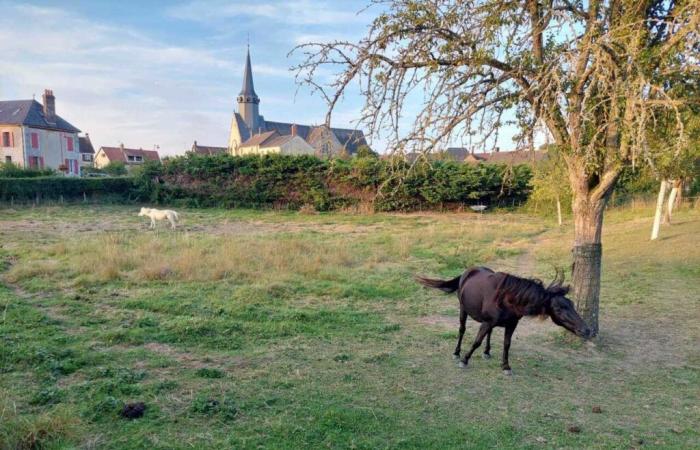Par
Editorial Mortagne-au-Perche
Published on
Nov. 11, 2024 at 5:40 p.m.
See my news
Follow Le Perche
Floods, droughts, heatwaves, scientists estimate the average increase in temperatures in Normandy by up to four degrees by 2100, if the current trend in greenhouse gas emissions into the atmosphere does not change immediately. now, significantly.
But how does this translate concretely at the municipal level?
To respond to this, the four regional natural parks of Normandy, including Perche, in Orne, have undertaken an experiment on modeling at a fine scale (25 meter mesh) of climate change, at the level of their territory, at by 2100, according to two international IPCC scenarios.
The modeling focuses on temperatures, precipitation and soil water deficit, integrating into the projections the local physical realities of each Park (exposure of slopes, valley bottoms, hills, plateaus, etc.).
A huge job
Work carried out as part of an internship, carried out by Louis Parey, (Master 2 student in Geography – Planning – Environment – Development at the University of Caen).
University referent for the internship, Olivier Cantat, teacher (researcher at the University of Caen – Normandy) and climate expert within the Normandy IPCC, is invited, by the association of Normandy Regional Natural Parks, to give a conference, next Tuesday, November 12, from 2:30 p.m. to 4 p.m.at the Caen Regional Council, on climate modeling.
Starting from the work of the international IPCC, as well as the work of the Norman IPCC, the geographer will present the interest represented, at the territorial level, the appropriation of global warming data on a fine scale and what concrete actions can be carried out at the level local.
Paths to follow
Considering climate change on the scale of our territories makes it easier to imagine adaptation and mitigation, based on realities on the ground, whether coastal or urban.
“The investment is made over the long term. This is in no way debt. It is the cost of inaction that would be greater than investing now. Beyond science and words, the objectives can be achieved, if we transform the constraints into projects on an achievable scale,” believes the researcher.
Thus creating a link between science and action on the ground, the Directors of Normandy Parks will conclude Olivier Cantat's presentation with examples of concrete achievements in favor of the climate.
Follow all the news from your favorite cities and media by subscribing to Mon Actu.






